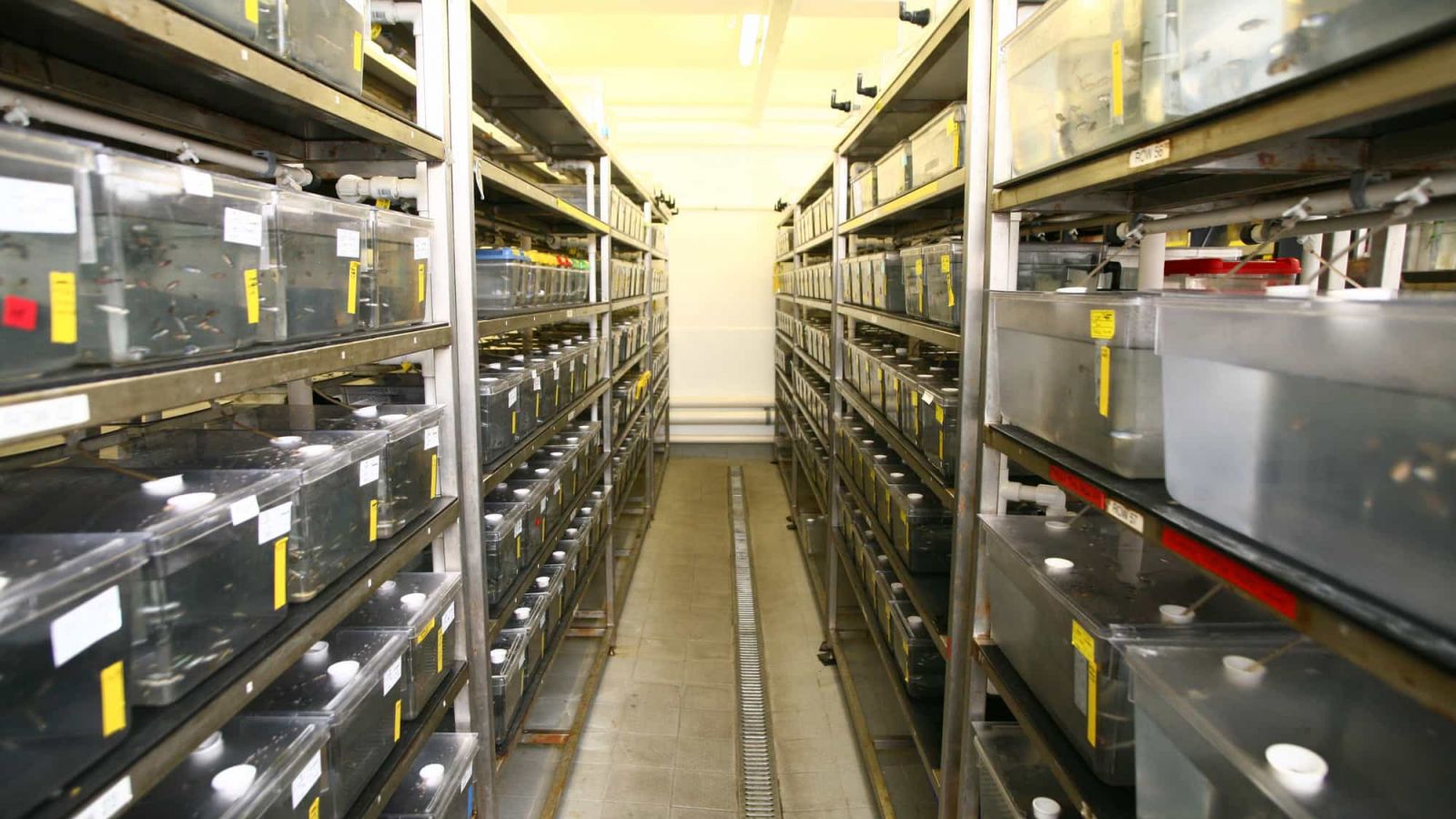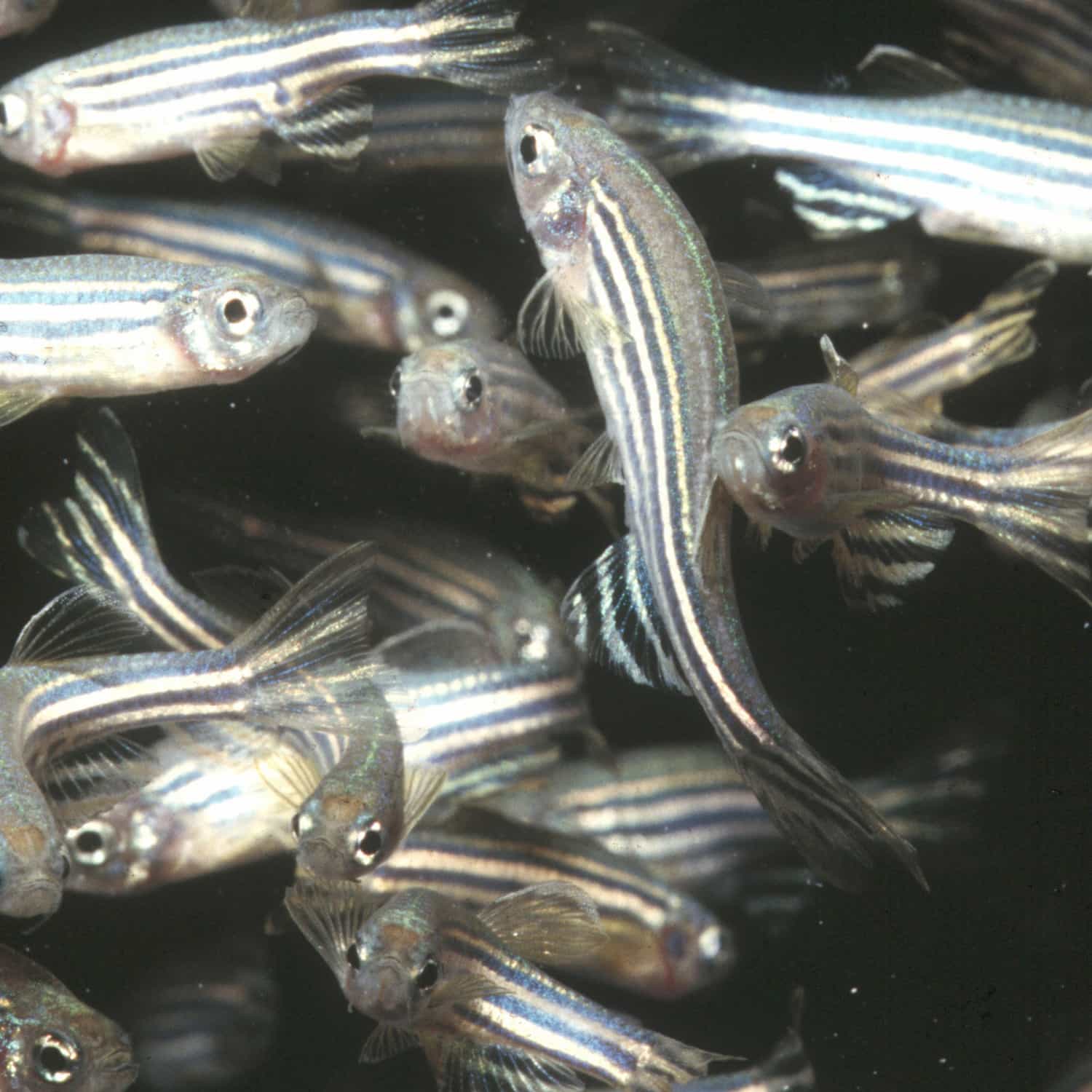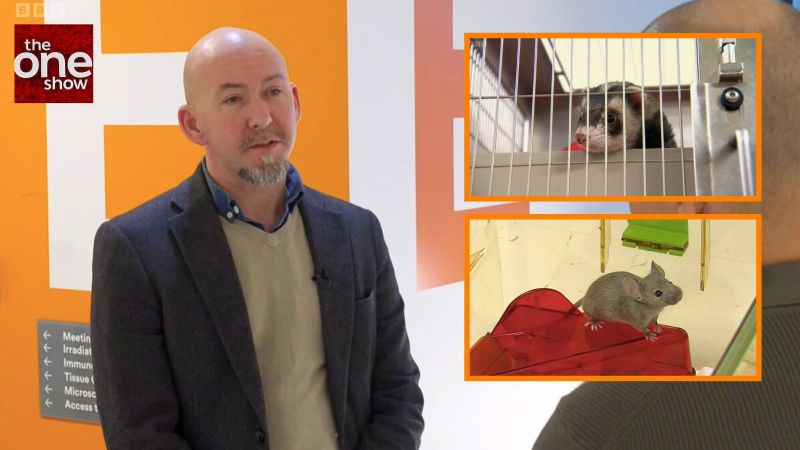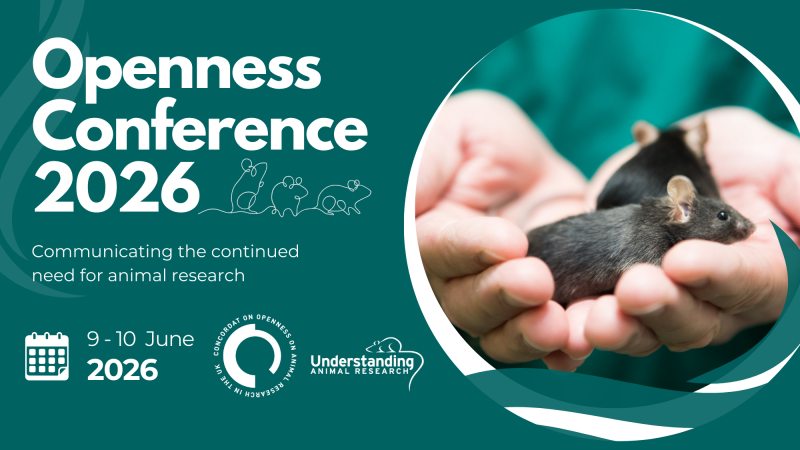
Text to go here...
On April 14, the Green Party launched its manifesto, replete as expected with a number of policies which would spell the end of huge swathes of UK medical, veterinary and environmental research.
It says:
“We will work to end animal experiments but believe immediate action must be taken to:
- Stop non-medical experiments, experiments using primates, cats and dogs. End the use of live animals in military training;
- Stop the breeding and use of genetically altered animals;
- End government funding of animal experimentation, including any that is outsourced to other countries;
- Provide greater funding for non-animal research methods and link funding to a target for developing of [sic] humane alternatives to animal experiments;
- Increase transparency and ensure publication of all findings of animal research, including negative findings;
- Introduce a comprehensive system for reviewing animal experiments and initiate a comparison of currently required animal tests with a set of human-biology based tests.”

Immediately, there is confusion as we wonder what they mean by ‘non-medical’ experiments, and it would appear it depends who you ask. When asked by Buzzfeed, a Green spokesman said it meant the testing of household cleaners, and that their Leader didn’t realise it would end a great deal of veterinary research. Asked by Nature, however, the Greens stuck to their guns and pledged to ban all scientific research involving animals, which would of course mean environmental and veterinary research such as vaccines for our pet cats and dogs, and a badger vaccine against TB, which could allow the end of the badger cull that the Greens also oppose.
The Greens would “initiate a comparison of currently required animal tests with a set of human-biology based tests”. This already exists through the validation process, whereby alternative methods must demonstrate that they can be used safely in place of an animal testing model. Once again, the emphasis is on testing despite this being only a small area of animal research, but I’d be fascinated to learn what ‘human-based’ alternative they would use for a residue test to find out how a compound coagulated or not in different organs and tissues, and what level of damage this might cause.
It’s also bad news if you or your family members have a genetic condition, since the Greens want to ban animal research into your gene function. The breeding of genetically altered animals now constitutes more than 50% of UK research as scientists focus on ever smaller mechanisms within the body which can sit behind the most pernicious of diseases.
Animals can also be genetically altered to be more likely to develop a disease such as cancer, allowing things like early tumour growth to be studied in a way it cannot in human patients who have presented with established symptoms. This would be abolished.
And the Greens’ desire to ban the use of non-human primates in research would be dealt a blow by their ban on genetically altered animals. Monkeys used to have to be used to safety-test every batch of polio vaccines, but that is now done using genetically altered mice. Not being able to use such mice any more will mean that no polio vaccines will be able to be tested in the UK. Do the Greens have a budget for iron lungs?
The reason that these manifesto commitments are unethical is we are already in a situation where animals cannot legally be used if there is an alternative way to conduct the experiment. Overwhelmingly, the purpose of the work is to combat more widespread suffering. The breast cancer drug Herceptin, for instance, is based on a mouse hormone, so we would be balancing the ethical costs of taking a blood sample from a mouse and however many animals would be used to test that the drug was safe, against the lives of thousands of women. Of course, Herceptin is only suitable for 1 in 5 cases of breast cancer, but with 55,000 new diagnoses in the UK alone each year that is tens of thousands of lives over many years.
Ethics tends to be contextual, so a principle which is ethical in one situation, such as being against animal cosmetics tests (banned in the UK in 1998 and across the EU in 2013), ceases to be so when we replace cosmetics with animal vaccines, for instance. The Greens therefore are invoking a principle, but fail to be ethical by failing to act in the face of widespread suffering. As I have mentioned, one cannot use an animal in an experiment if there is an alternative, so the choice really is to act, or not.
I should mention at this point that Understanding Animal Research fully supports the development and use of non-animal methods. It is the one policy commitment we asked of all of the main political parties. However, it was requested precisely because there are too few alternatives currently available.
Finally, we can ask what the real-world impact of the Green’s policies would be. The first effect would be the immediate cessation of public funding for animal research which is some 65% of the total, conducted mainly in universities. This would be research that would take place abroad instead, since humanity is not going to stop doing basic research or looking for a cure for cancer. Countries like the US, India and China would take up the slack, although of course since they may have lower lab animal welfare conditions and no other country matches the UK’s 2-tiered ethical controls, the chances of animals suffering could well increase.
Next, most cats used in research are for veterinary purposes such as medicines and vaccines for pet cats, so this would cease. The UK human drug pipeline would also dry up because we would be unable to meet requirements under European law for repeat-dose toxicity tests. This would in all probability mean that drug companies would simply perform these tests abroad. Since they’re not publicly funded they’re not affected by the Green’s ban on investment. They would then import them to the UK.
Necessarily unavoidable animal research carried out by government health protection agencies would be cancelled under the Greens’ proposals. So the next time we are threatened by an Ebola breakout or a flu pandemic, there could be no such research in the UK to identify the strains involved.
Research for rare diseases, which can be less profitable for the private sector, would likely fall entirely to charities now that the funding councils like the MRC would have their hands tied.
One area that would suffer irreparably would be environmental research using animals, such as using fish to test the effect of pollutants. This might be difficult to conduct abroad if the ecosystem is unique to part of the UK.
Finally, the economic impact of this section of the Green manifesto is absolutely enormous. No pharmaceutical company or contract research organisation would stay in the UK, and most of our research-intensive universities would lose huge amounts of funding. UK students would no longer be able to study biomedical science - an end of a long and proud tradition of medical research in the UK. To say that the Green’s policy is poorly conceived when it comes to animal research is something of an understatement. Most crucially, it would lead to worse rather than better animal welfare, tie the hands of the public sector and stifle the UK’s world-class research base. There are a number of presumably unintended consequences which flow from these policies which directly work against green principles.
What is absolutely apparent is that the Greens have not consulted people who understand animal research when formulating their policies, leading them to endorse an approach that is unscientific, unethical and ineffective.
Last edited: 10 January 2022 11:17



